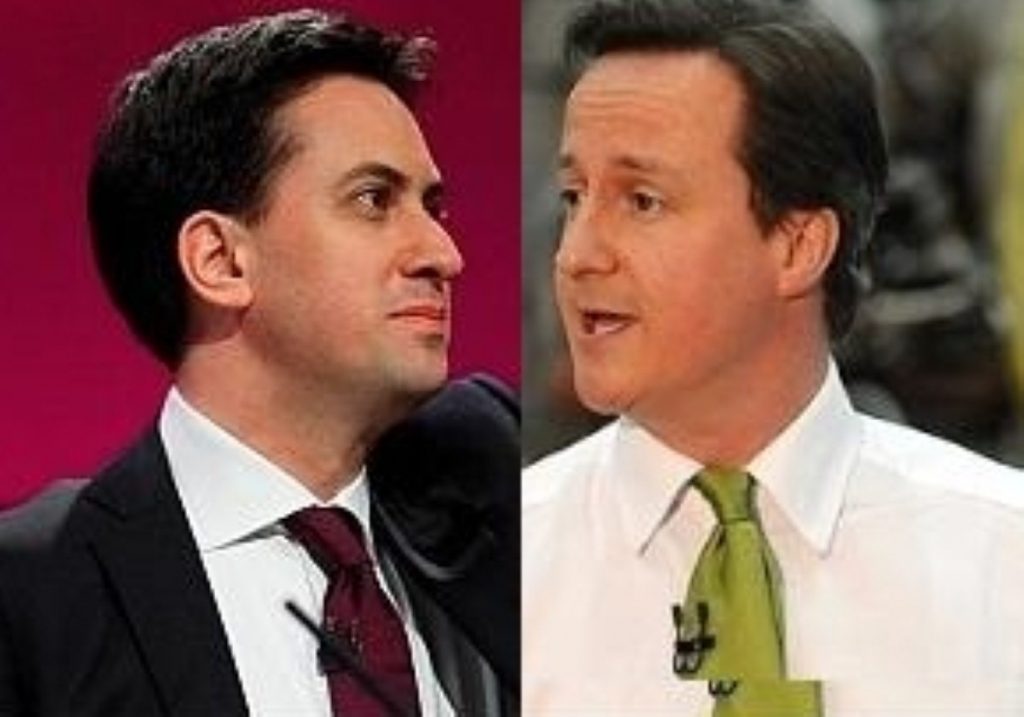Oldham East and Saddleworth: Consequences
In a startling reversal of fortunes, it is suddenly the Tories who are the coalition’s defensive shield.
By Ian Dunt
It might not be the majority Ed Miliband needed to wipe away all doubts about his leadership, but it was better than Labour did during the 1997 landslide. This was a good result for Labour, who are ably picking up protest votes against the spending cuts. The party now has a majority of 3,558 in the seat, up ten per cent on its general election showing.
There were many stories being told at the by-election, only one of them about Ed Miliband’s first test as party leader. The main narrative was about how humiliated the Liberal Democrats would be. Pundits wanted signs that the disastrous Lib Dem poll showing would translate into electoral annihilation. Not so. The party actually slightly improved, albeit by 0.4%. It received a respectable 11,160 votes. Officials were secretly euphoric. Nick Clegg had personally been down to the constituency on numerous occasions. A heavy defeat would have made his already troubled career a complete nightmare.


But scratch beneath the surface and the Lib Dem situation is far from rosy. The Tory vote collapsed by a whopping 14% to just 4,481. That fact explains something very important about the Lib Dem vote – it was much worse than it looked. We have to assume that many of those lost Tory votes went to the Lib Dems as the coalition partner with the greatest chance of winning. The collapse might also partly be explained by some Tory voters staying at home, taking their cue from David Cameron’s subdued campaign. Either way, it’s remarkable. Tory voters are backing the Lib Dems. The coalition is fundamentally changing British voting patterns.
For Cameron, the result worsens his already fraught relationship with his own party, especially backbenchers uncomfortable with the coalition. Suddenly they will feel as the Lib Dems have felt for the last few months – as if they’re taking one for the team. The idea that the Lib Dems are a shield for the Tories is looking shaky. At this by-election, the Tories became the shield.
Nick Clegg has received what can only be described as a stay of execution. Unless all the polling is wrong, the Lib Dems are heading for a disastrous set of local election results in May. But this result gave Clegg a bit of space, a bit of breathing room, just when the bad news was relentless.
As for Miliband, he will be feeling pleased with the momentum the win gives him – a phenomenon the Lib Dems know well. But like them, he should not treat it as a sign that the work is done. The worst thing Labour could do now is assume it will return to government by the laws of political gravity. The party still has much work to do before the public are willing to see it in power again.
All the parties will take one major lesson, one they already knew but which they will nevertheless have reaffirmed by this result: cuts are never popular. The tide of public opinion is turning dramatically against them. Before long, the Tories could be hit as badly as the Lib Dems.












